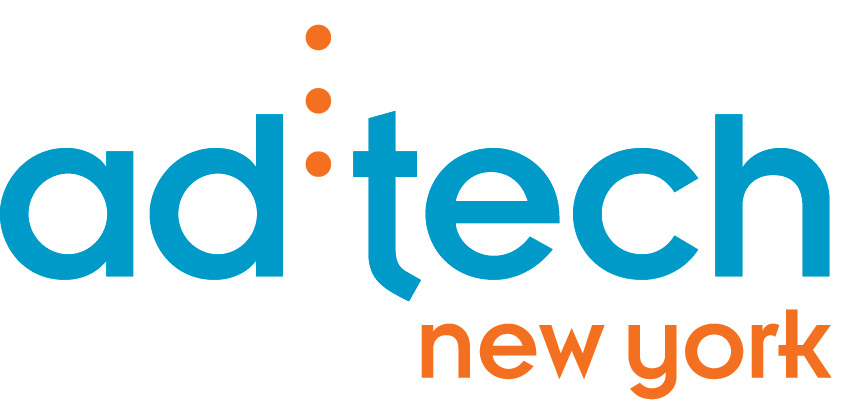
When it comes to digital media, which group is pushing the envelope more — politics or business? What’s your vote?
According to this afternoon’s panel at the sprawling ad:tech New York conference, politics (campaigns, political parties, advocacy groups) are making more advanced use of digital media than most businesses.
Panel moderator Scott Detrow, who covers election technology for NPR, revved up the panel by pointing out that Presidential elections have used digital media now for 5 election cycles, and social media for 2 election cycles. He described how the sophistication and power of digital media used for political purposes have skyrocketed.
Some of the summary points made by panel members about digital media used for political purposes:
- Political video on mobile and social (esp. Facebook) is surging.
- Live streaming (video) – e.g. Twitter’s Periscope are becoming very popular for political events (also hard to control!)
- A big advantage to digital: Digital audiences can be fine tuned to closely align with the scope of polls (e.g. they can both focus on the same micro-demographic segments).
- Politics is way ahead of business in terms of “addressability” — their ability to understand and target specific audiences.
- Political and business marketing are inherently very different: Political marketing only wants to speak to registered voters (and often only likely voters), whereas business marketing is typically aimed at a large audience.
- Digital is particularly cost-effective in markets where media buys are inherently inefficient. For example, in Indiana, 3 of the largest media markets aren’t based in Indiana – so there’s a lot of waste in buying media aimed at an Indiana audience.
- Video on mobile serves a different purpose, and is perceived differently than video on non-mobile devices. Mobile video is perceived as more personal and trustworthy.
- Twitter can be used for real-time “spin”. For example, during the recent charged Benghazi hearings, Democrats pushed out a Twitter feed in real time that presented their own interpretation of the committee proceedings. This narrative received a lot of attention and was a powerful counter to the contentious line of questioning coming from the panel holding the hearings.
- Twitter now has a partnership with Square, by which candidates (and parties) have cash accounts and “donate cards” (which are also sharable). This is an easy way to get small donations – especially “impulse” donations.
_________
Many of these lessons are applicable to business marketing and will be key topics covered at BIA/Kelsey NEXT.

This Post Has 0 Comments